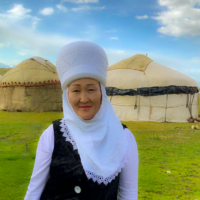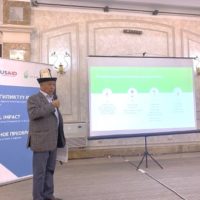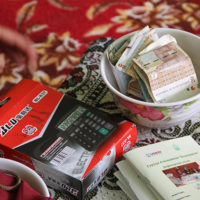To spotlight the advancements in Central Asia on human-centered design (HCD), AKF colleagues presented at the International Social Innovation Research Conference to share AKF’s local learnings and global best practice and learn from the other presenters and participants from more than 70 countries.
AKF participated in the conference theme, Leading Change Through Capacity Building for Social Innovation, by highlighting two of their primary initiatives in this space: Local Impact , joint initiative of the Aga Khan Foundation and United States Agency for International Development (USAID), and Schools2030, a ten-year participatory learning improvement program based in 1,000 government schools across ten countries.
The Local Impact session focused on supporting and strengthening women micro-entrepreneurs and their businesses in Tajikistan. This project was launched in early 2022 and leveraged human-centered design methods to engage the community in a process of co-creation. The feedback and dialogue created around the AKF approach, and the new approaches shared will help to strengthen AKF’s strategic efforts to integrate HCD as core to our work.
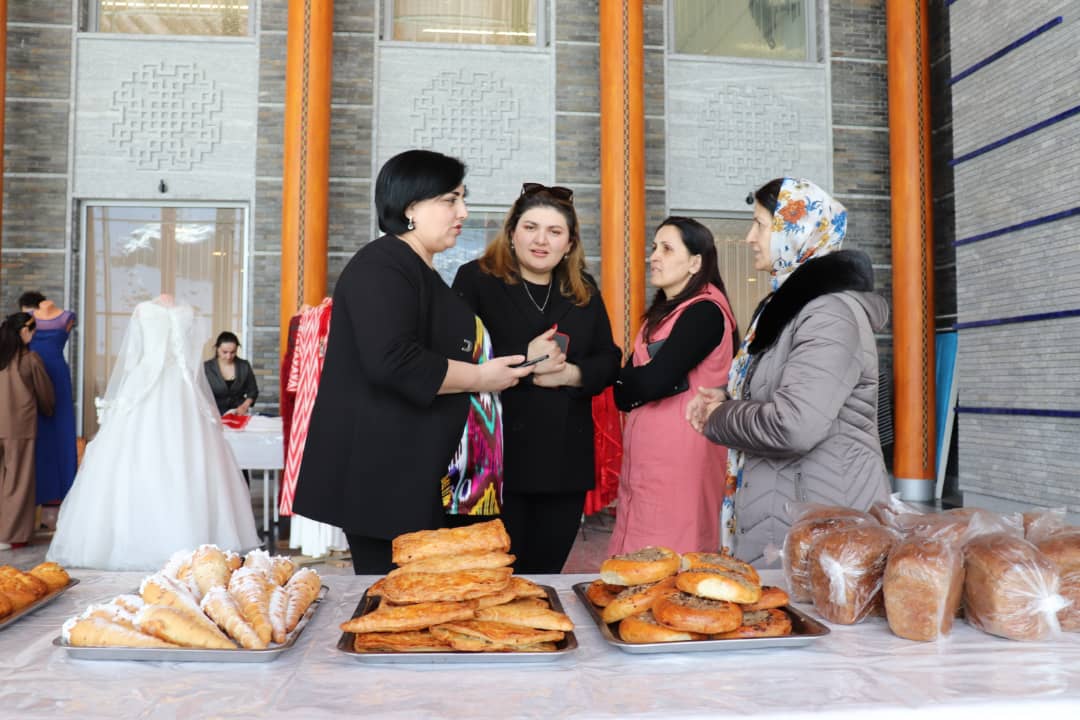
“The idea of taking this approach is different from the way we are used to working with projects. Because most of the time, there is a designed project to be implemented […], which might not consider the context at a specific moment. Because of that, these kinds of projects are not typically sustainable. We need to hear the voice of each [stakeholder] […] to see where and how we can support each other. The meetings we had with this new approach were something different from what I’ve seen and been doing so far.” - Lali Mamadsultanova, owner of La’l hotel in Khorog, Gorno-Badakhshan Autonomous Oblast (GBAO).
Challenge: How might we support growth-oriented women micro entrepreneurs to formalize and sustainably expand their business?
To start, women micro-entrepreneurs were engaged by Local Impact staff in order to understand the challenges they faced when launching and growing their businesses and to develop potential solutions to improve the program going forward.
At the end of the project, a core group of local women worked together to test the solution through a month-long series of experiments designed to give the Local Impact staff insight into what interventions would help support these women micro-entrepreneurs best.
Ultimately, the solution that emerged from this co-creation process was a self-governed but facilitated “Business Collective” where local women could share ideas, learn together, support each other and collaborate on mutually beneficial opportunities.
Despite being business competitors, the participants came together to share insights because their culture and values draw them together. When the women tested this solution, they were surprised to see that all of their businesses could benefit from collective action.
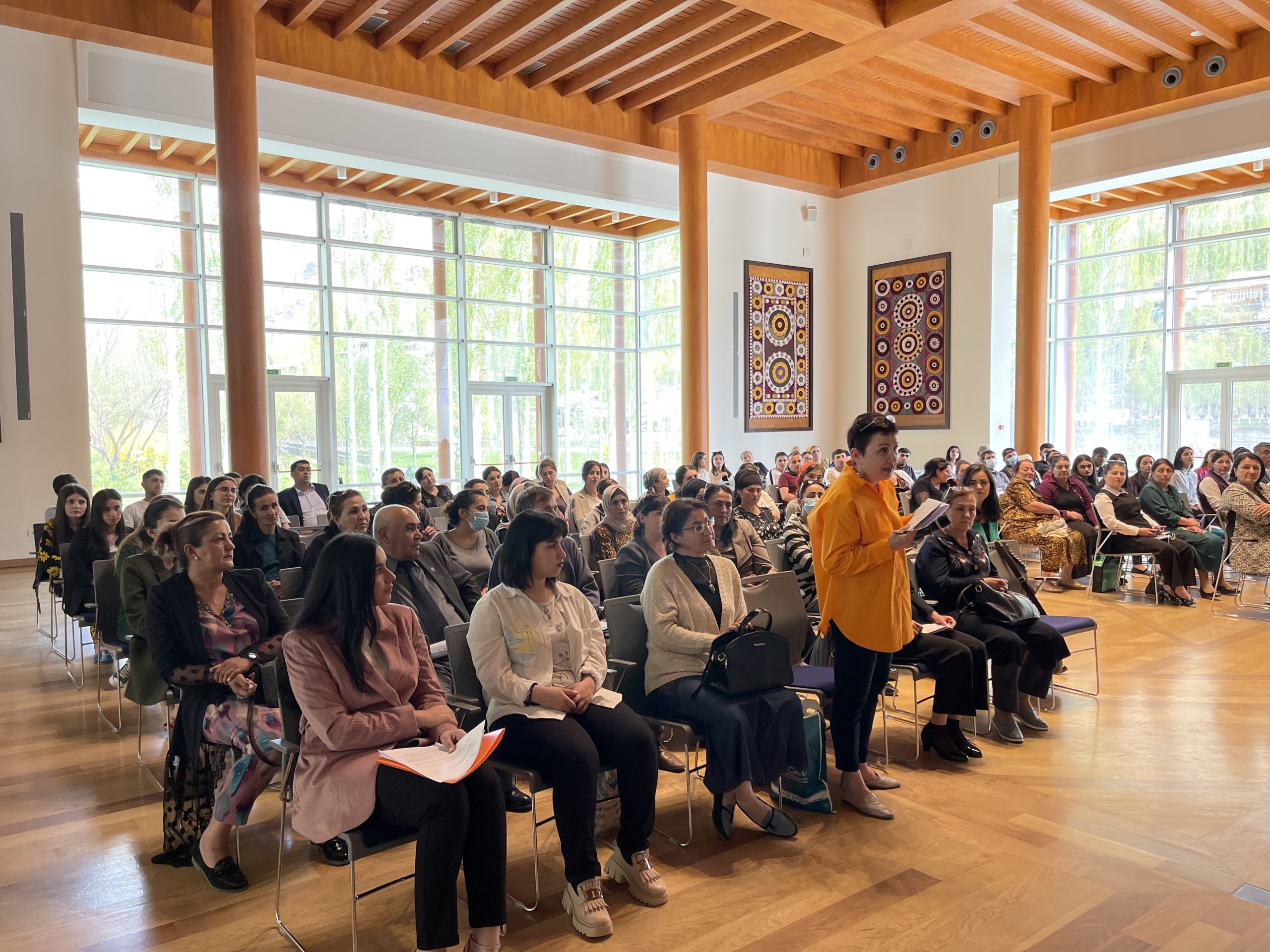
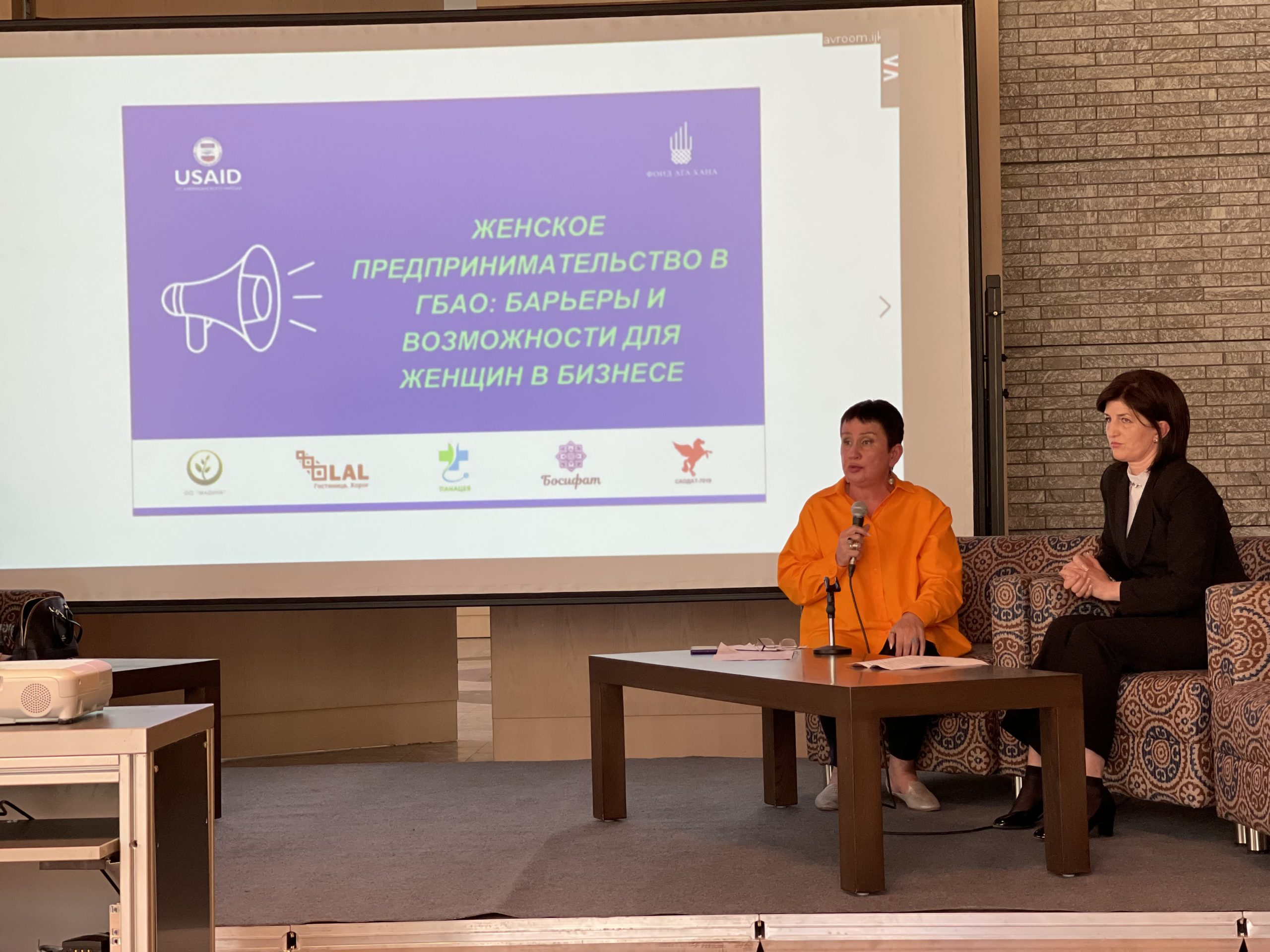
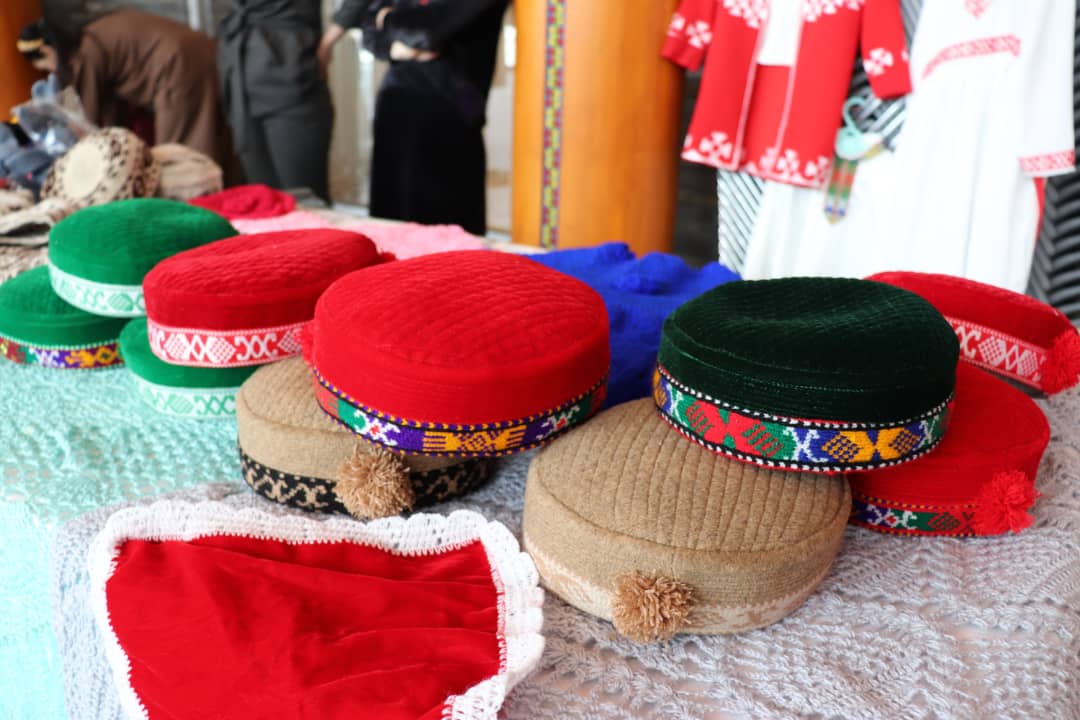
At the conference, AKF was able to advance the conversation by highlighting the power and potential of a community-driven development approach. More specifically, some key questions in the presentation related to how best to engage community members and what to consider throughout a co-design process to ensure an ethical and equitable approach. This new model considers the undue influences that the global north has had in shaping the global south and empowers educators who are often marginalized within their own countries’ power structure.
About Local Impact
The Local Impact: A Transformative Partnership in Asia and Africa project is implemented by the agencies of the Aga Khan Development Network and is made possible by the generous support of the American people through the United States Agency for International Development (USAID) and the Aga Khan Foundation (AKF). The innovative framework puts local communities at the center of development for meaningful, sustained impact. To learn more about Local Impact, please visit https://www.akfusa.org/local-impact/
The content is the responsibility of the authors and does not necessarily reflect the views of AKF, USAID, or the United States Government.
